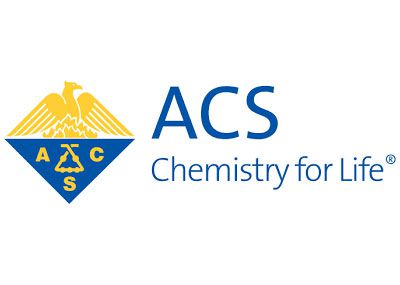Project SEED
Project SEED was established in 1968 to help economically disadvantaged high school students expand their education and career outlook.
Project SEED is a summer research internship program for economically disadvantaged, high-achieving high school chemistry students. Each participant is given a chemistry-focused research project and supervised by a Christopher Newport University faculty member. Faculty mentors will help you develop laboratory, written and oral skills as you discover that you are capable of conducting scientific research. Mentors also provide guidance, encouragement and letters of recommendation for college.
Project SEED students participate in a series of seminars that will aid in professional development. Seminar topics include professional dress, college preparation and readiness, career planning, etiquette, and presentation skills. All seminars are interactive. Speakers are specially selected from around the U.S. based on their area of expertise.
You can participate in Project SEED for both your rising junior and senior summers of high school. During your first summer, you will receive a $2,500 award. If you return for the second summer, you will receive a $3,000 award.
Participants are expected to conduct between 36-40 hours of research per week for eight weeks. The program runs June 17 – August 9.

In addition to hands-on research, Project SEED students receive guidance on career and personal development. Mentors and students build relationships that help to expand their awareness and understanding of the workforce. Mentors provide strategies for helping students reach their objectives, give feedback and allow opportunities for growth.
Each fall, SEED students work side-by-side with professional chemists to present their research projects at American Chemical Society local, regional and national meetings, and at other scientific meetings. Presenting your summer research findings gives you exposure to chemists, engineers and college students who review your research and motivate you to pursue science careers.